Exhibition in Beijing allows fans to take a peek at the magic behind the silver screen, Xu Fan reports.
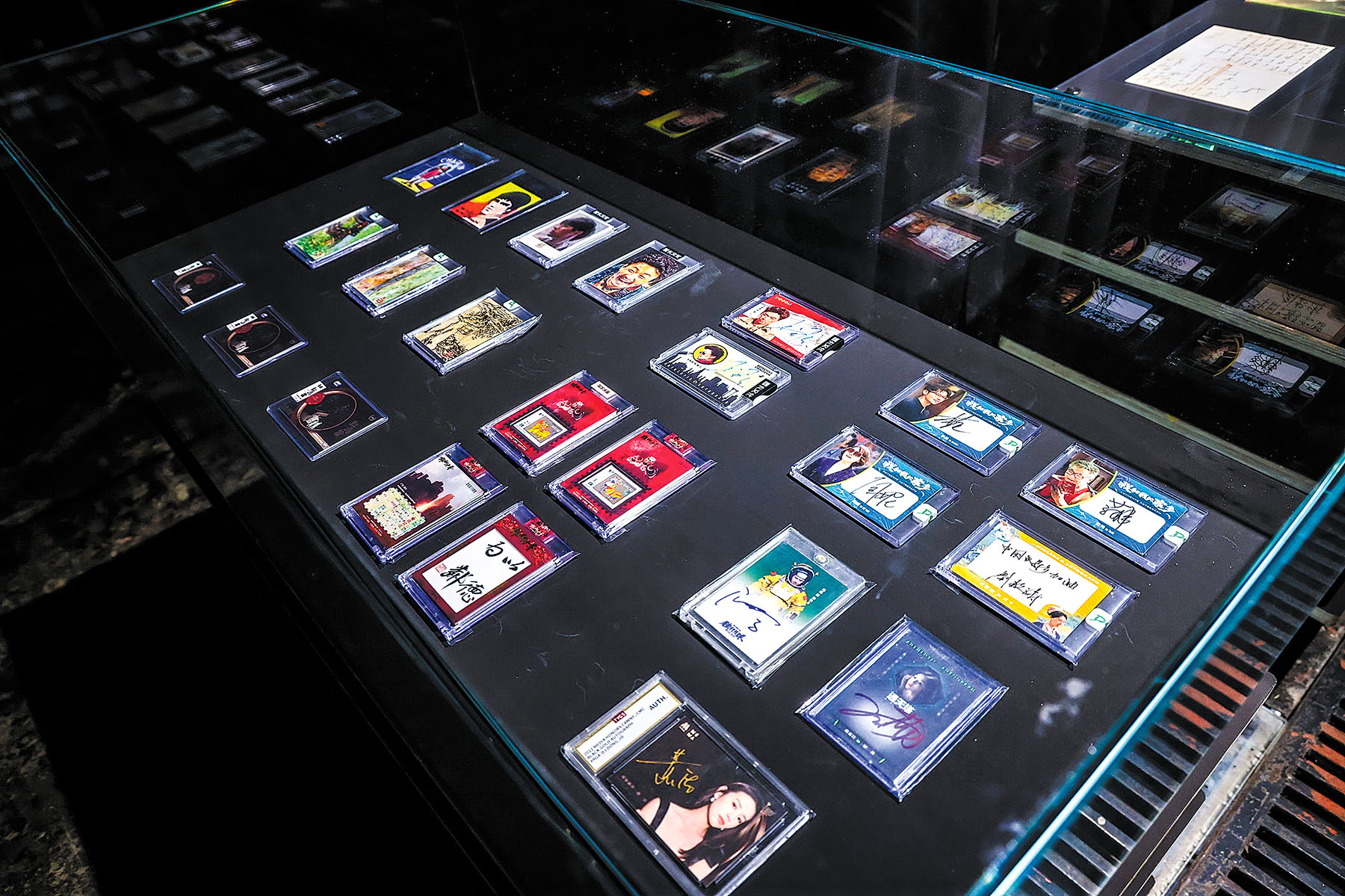
Over his decades-long career, Zhang Yimou — one of China's most prestigious directors — has experienced many triumphs, from accepting awards at international film festivals, to helming the opening and closing ceremonies of two Olympic Games.
Yet while these grand achievements define his public legacy, it's probably the smaller moments that will resonate most deeply.
Film enthusiasts can now catch a more personal glimpse of Zhang at Where Dreams Were Created, an exhibition that explores the behindthe-scenes art of cinema, and the largest of its kind in the country.
READ MORE: Zhang Yimou to direct film adaptation of ‘The Three-Body Problem’
Near the entrance, a yellowed letter rests behind the display glass. Written on stationery from the Scarlet Bird Hotel — likely in Xi'an, Shaanxi province, based on the telephone number — it captures a simple but heartfelt moment: Zhang missing his mother's home cooking.
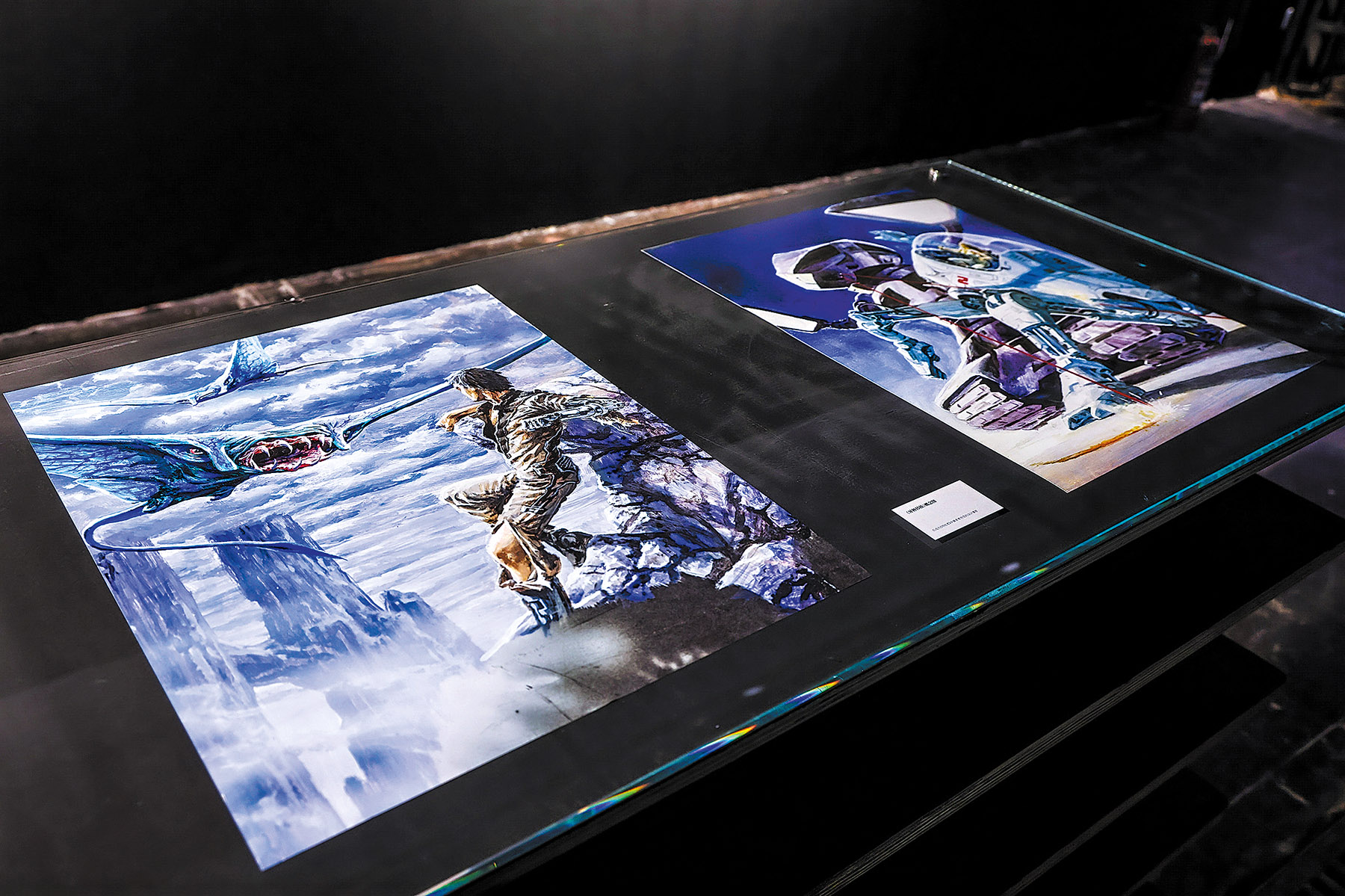
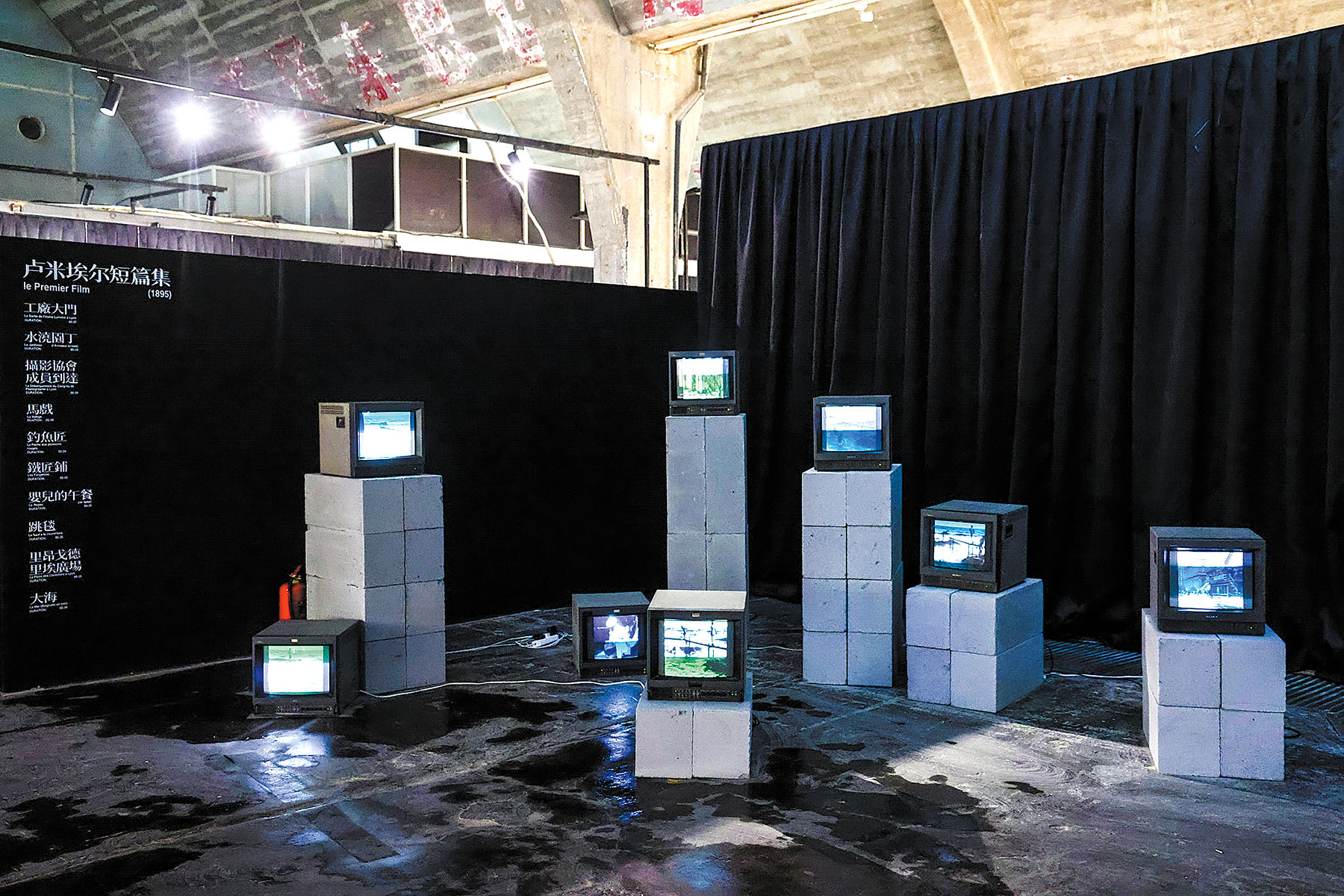
In the note, the director asks his mother to bring him some pickles or cold tossed vegetables. Knowing his unpredictable schedule might make him hard to reach, he suggests that his younger brother leave the food at the front desk for Room 311 if he can't be reached by phone.
The exhibition, which held its first edition in Shanghai last year, consists of six sections, varying from a retrospective of milestone moments in cinema history, to showcasing the art of filmmaking behind the scenes.
During the opening ceremony in Beijing on April 3, organizers invited several film industry veterans, including art director Cao Jiuping, who collaborated with Zhang on 11 movies.
"Zhang's letter from the Scarlet Bird Hotel was likely written during his involvement in script discussions for To Live. It was the early summer of 1993. He was quite busy, working over 10 hours a day … he probably didn't even have time to meet his younger brother, who brought the food," Cao tells China Daily.
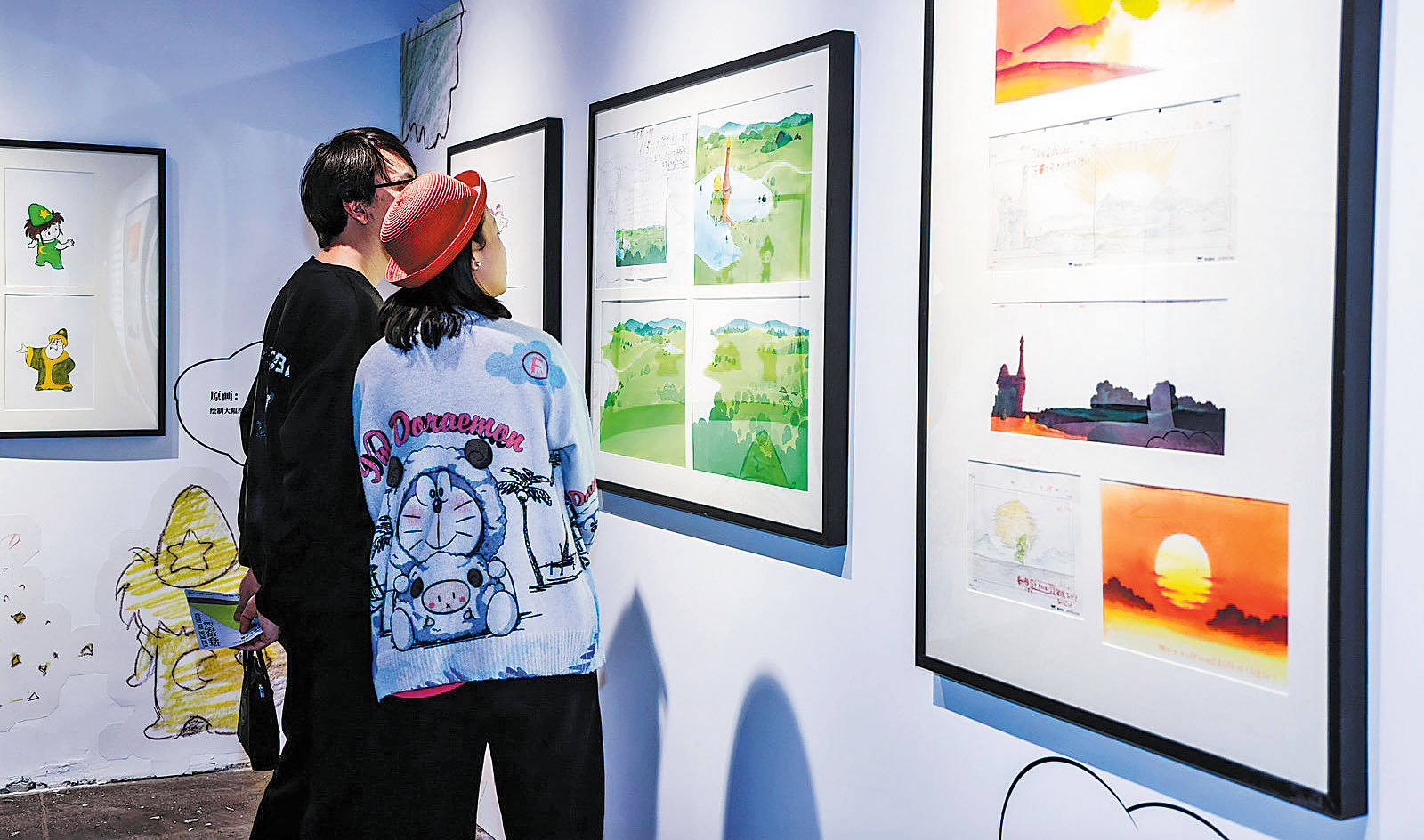
Cao also shared an anecdote behind Zhang's Golden Bear award at the 38th Berlin International Film Festival for Red Sorghum, a film starring Gong Li that was adapted from two novellas by Nobel laureate Mo Yan.
In 1988, overseas trips were still a rare opportunity for most Chinese. Europe was still divided into East and West by the Iron Curtain, and Berlin was a city of two halves. Zhang — who didn't expect to win such a major honor — changed some money and decided to take the opportunity to go shopping in East Berlin shortly before the award ceremony but received a notification from the Chinese Embassy in West Berlin, telling him to return to the festival as soon as possible.
"Zhang suspected that he might have won an award, but he never imagined it would be such a major triumph," recalls Cao, adding that it was the first time a Chinese-language film had won a top honor at one of Europe's most prestigious international film festivals.
"One of the biggest impacts of the Golden Bear award was that from then on, Zhang barely had to worry about funding for his films. Investors lined up to fill his schedule, the kind of treatment most film directors can only dream of," says Cao.
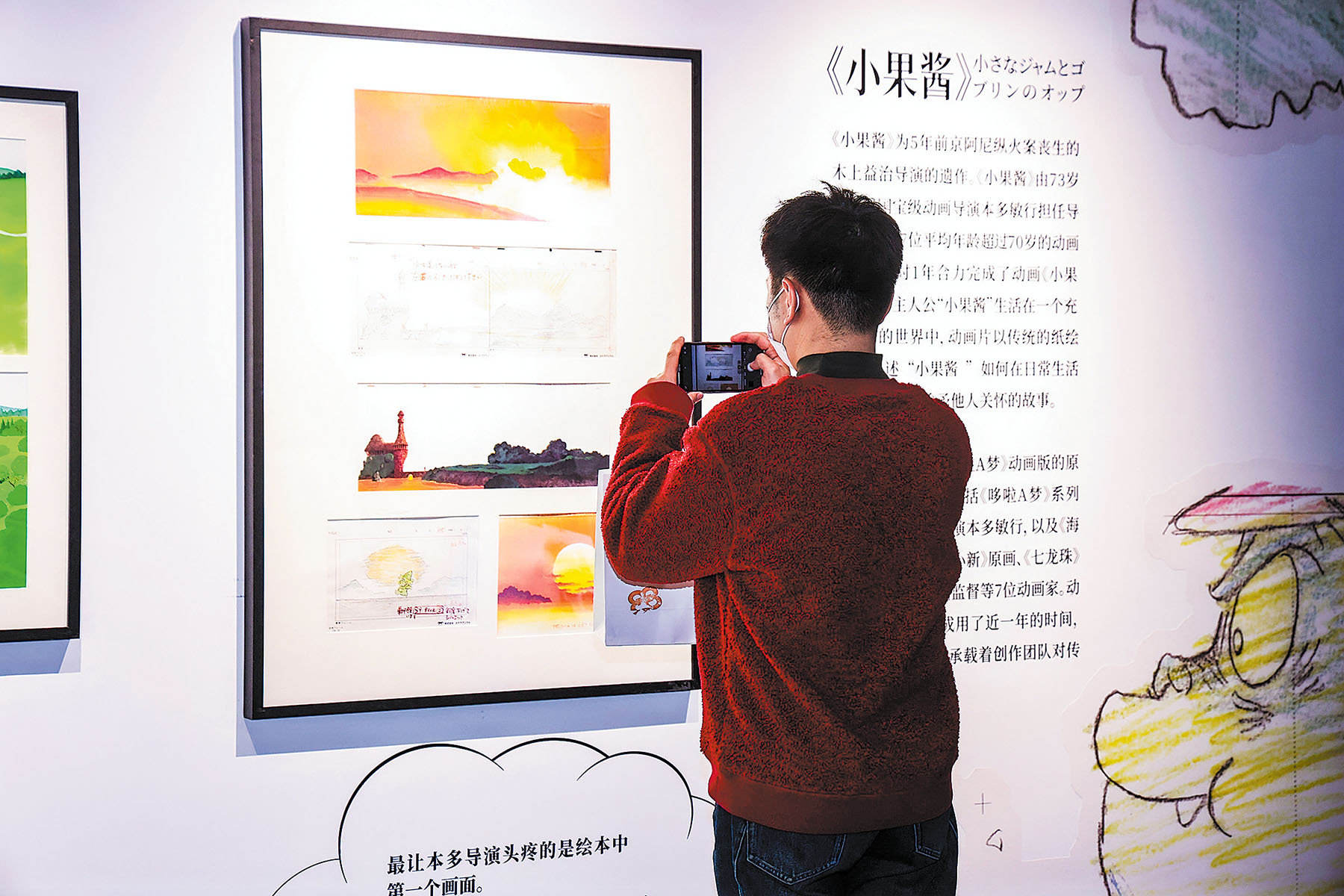
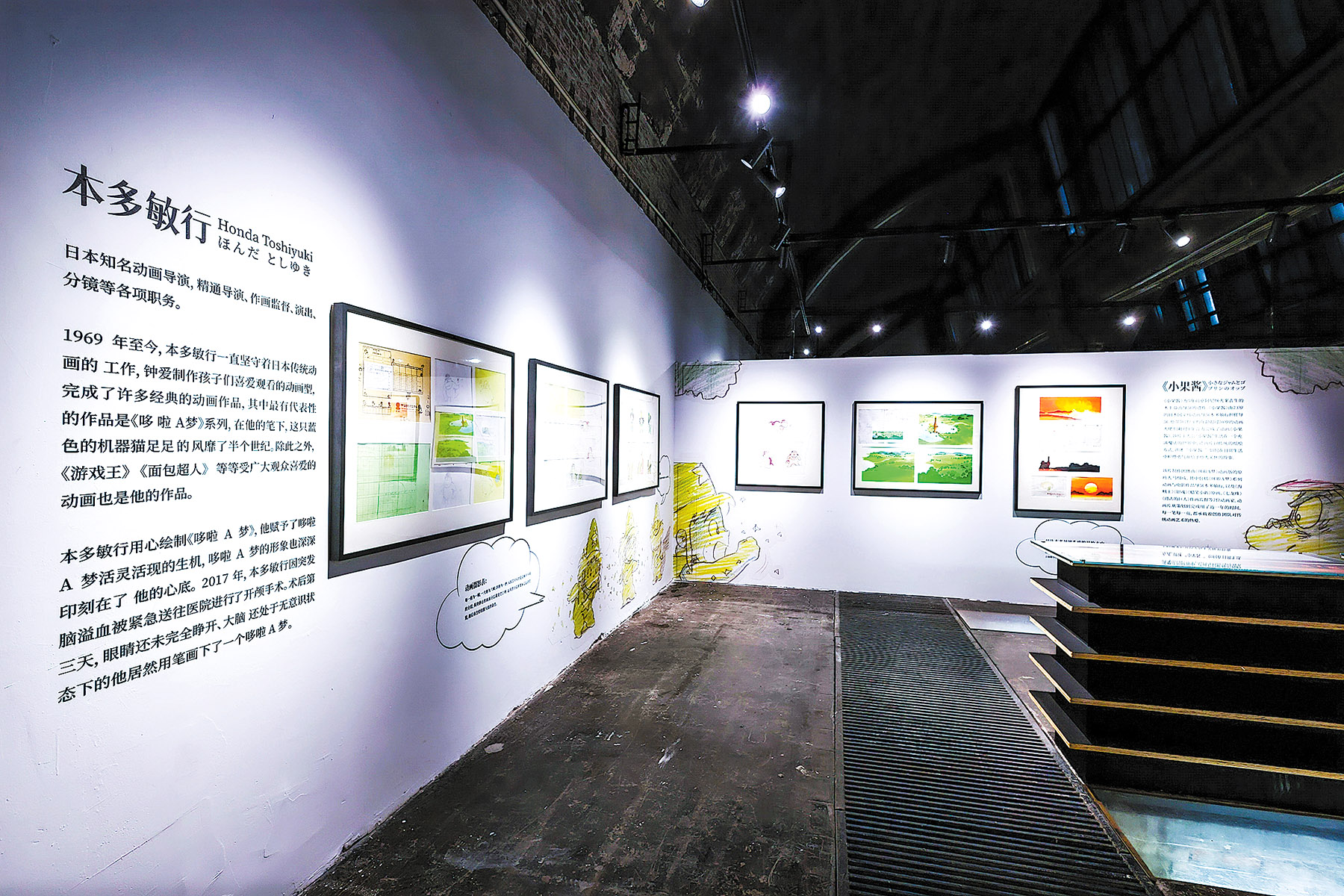
Cheng Hao, a Beijing-based collector and sponsor of celebrity handwriting exhibitions, says that there is a special section paying tribute to the American Film Institute's 1999 list of the 25 greatest actresses in Hollywood. Among rare artifacts on display are handwritten notes and autographs from giants like Rita Hayworth and Jean Harlow, the first time these items have been exhibited in China.
"Each one is like a time capsule, preserving the essence of cinematic history," says Cheng.
Riding on the success of Ne Zha 2, the exhibition includes a special section featuring the cinematic evolution of the titular character, a household deity whose story has been retold in Chinese films and TV series, among them the 1979 animated feature Nezha Conquers the Dragon King.
Zhang Boshi, who curated the exhibition, says it was put together over the course of four months.
As this year marks the 130th anniversary of the birth of cinema, there is also a section dedicated to the contributions of France's Lumiere Brothers, Auguste and Louis, who are regarded as the inventors of cinema.
"From the very beginning of cinema to some of the most important moments in film history, the exhibition seeks to take visitors behind the scenes — revealing how some of the greatest movies were made, and what inspired the most famous filmmakers. It's our way of celebrating all the hard work and passion that goes into the art of cinema," he says.
For instance, one area has the conceptual art and storyboard sketches from James Cameron's 1978 sci-fi short film Xenogenesis — his debut film, which laid the foundation for the Hollywood legend's later blockbusters like The Terminator and Avatar. Zhang Boshi says that the items from Xenogenesis are replicas, produced with authorization from one of Cameron's overseas copyright holders.
Just a few steps away, an area filled with a childlike atmosphere is dedicated to paintings and storyboard sketches from Little Jam and the Goblin Opp, a 17-minute Japanese short anime, which also commemorates the tragic death of a talented animator.
The movie, directed by then 73-year-old Toshiyuki Honda, is adapted from a picture book by Honda's former colleague, Yoshiji Kigami, who died in the 2019 arson attack on Kyoto Animation Studio — an incident that claimed 36 lives and injured an additional 34 people, including the suspect.
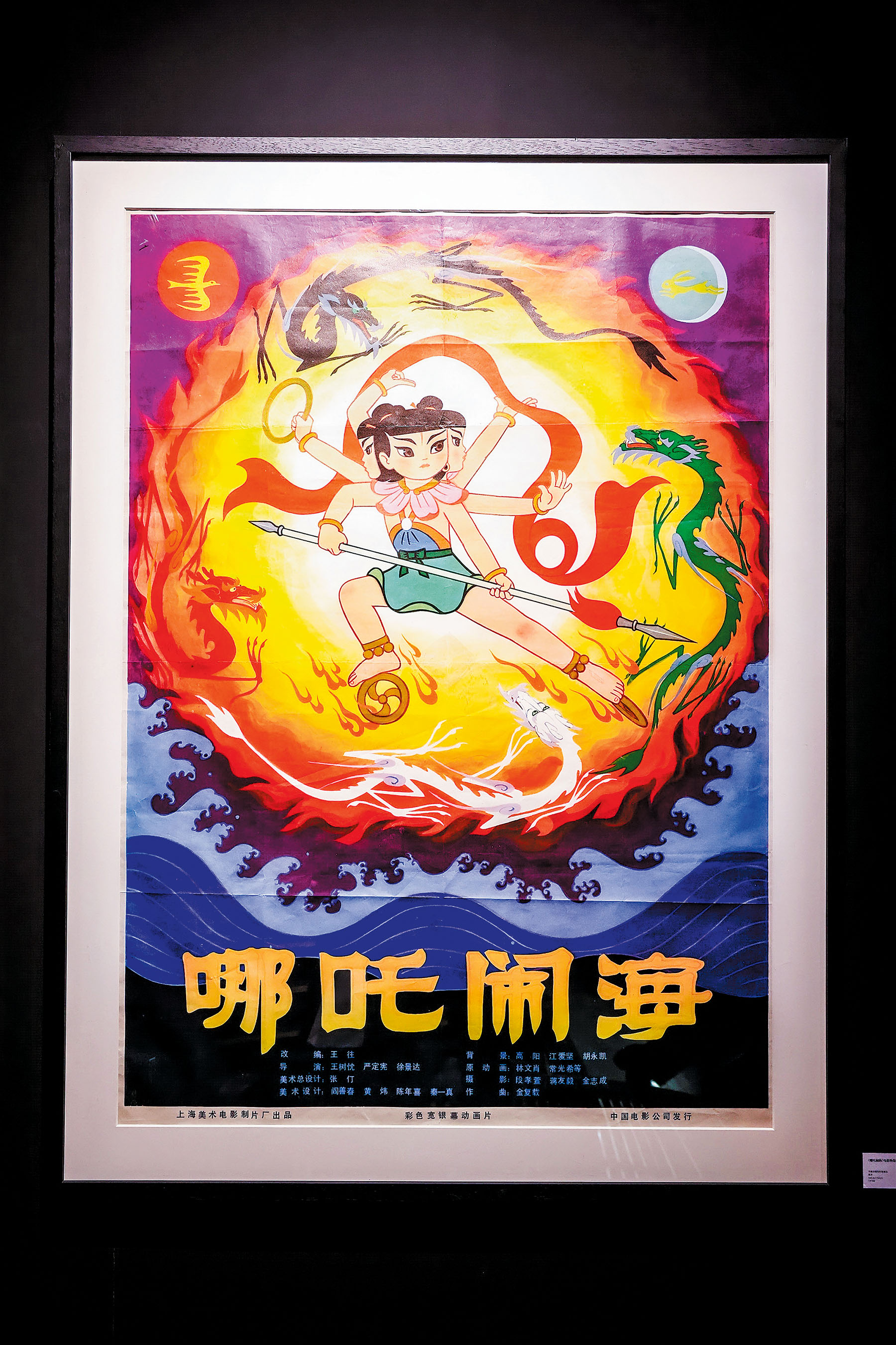
Recalling his trip to visit Honda's studio, Zhang Boshi says he was surprised to find that it was a small house where animators — mostly in their 60s or 70s — worked closely together in a crowded, yet focused environment.
"The hand-painted sketches were stored in many archival packages, just piled up. I felt like I was entering a treasure trove, dazzled, and at a loss as to how to choose," Zhang Boshi says.
Aside from the exhibits, there's a screening area showing award-winning short projects by Chinese directors on weekdays, and a German film each Saturday.
ALSO READ: Director Zhang stresses importance for Chinese films to go abroad
Sponsored by Germany's national airline Lufthansa, seven classic German films have been selected — from 1927's Metropolis to 2023's Roter Himmel (Afire) — to represent the century-long history of German cinema, which is known for its artistic expression and societal concerns.
The exhibition runs until June 3 at Beijing's 798 Art Zone.
Contact the writer at xufan@chinadaily.com.cn


